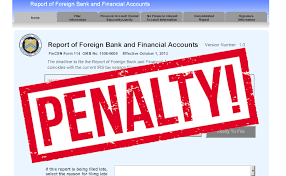TIGTA reviewed levies issued for 57,775 taxpayers by Field Collection (48,781) and the Automated Collection System (8,994) during the period October 1, 2020, through September 30, 2021, and found that the IRS generally complied with legal and administrative requirements. However, there were some instances of noncompliance resulting in taxpayers’ rights being potentially violated:
- 51 taxpayers were not notified (44) or not timely notified (7) of their CDP rights.
- 17 taxpayers did not receive a new CDP notice after an additional tax assessment was made.
- 105 (estimated) taxpayers had levies erroneously issued while a CDP hearing was pending.
- 17 taxpayers with disqualified employment tax levies were not mailed or not timely mailed their post-levy CDP notice.
- 753 (estimated) taxpayers whose authorized Power of Attorneys were not issued a copy of the CDP notice as required.
- 421 (estimated) taxpayers who had a CDP notice issued to a representative that the taxpayer had not authorized to receive notices.
Have an IRS Tax Problem?
www.TaxAid.com or www.OVDPLaw.com
or Toll Free at 888 8TAXAID (888-882-9243)









.jpg)








